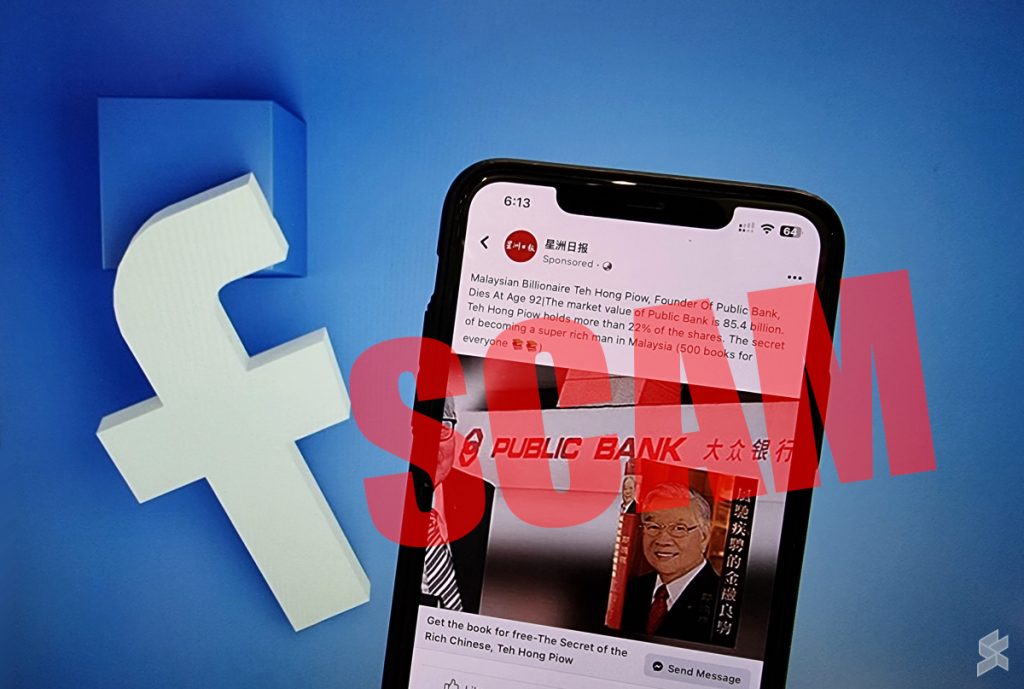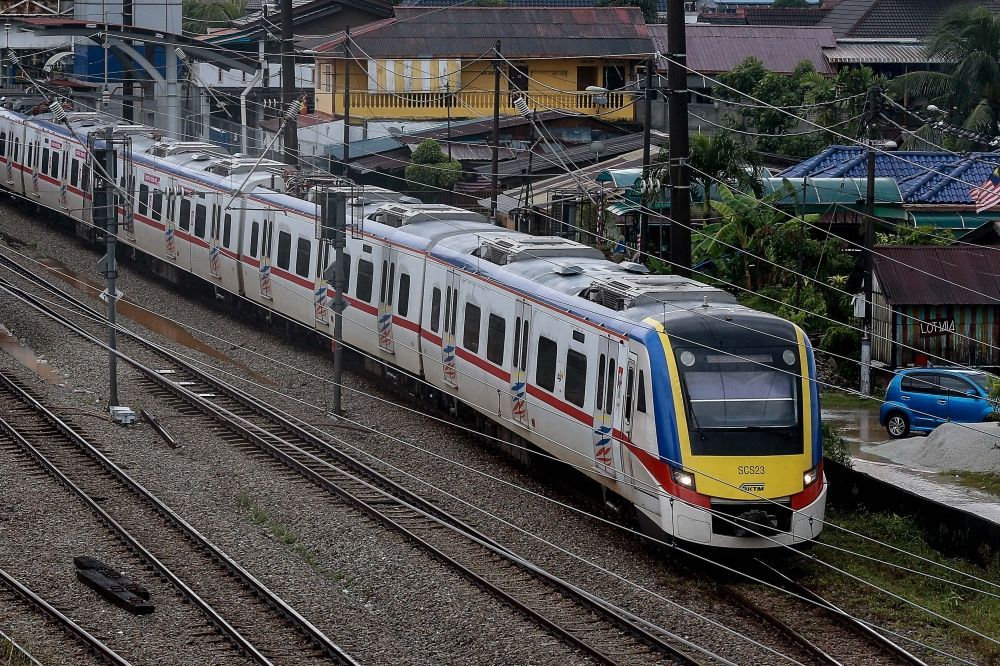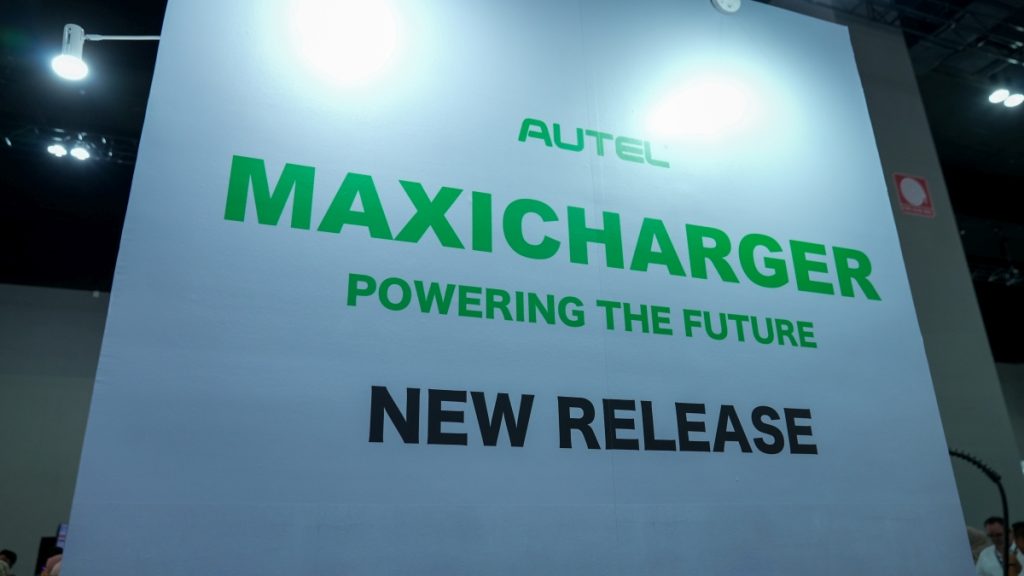The Malaysian Communications and Multimedia Commission (MCMC) has announced that a new regulatory framework will be introduced to regulate social media and internet messaging platforms through licensing. The move is said to be necessary to curb the rise of cyber crimes including online scams, cyberbullying and sexual crimes against children.
The framework will be introduced on 1st August 2024 and it will be enforced effective 1st January 2025. With this new regulation, all social media and messaging platforms with at least 8 million registered users in Malaysia must apply for an Applications Service Provider Class licence under the Communications and Multimedia Act 1998.
Applicable platforms that fail to obtain the licence after the enforcement period would be operating illegally and appropriate legal action will be taken under the Communications and Multimedia Act 1998.
Why is MCMC imposing licensing on social media platforms?
At the moment, all social media platforms are exempted from licensing based on the Communications and Multimedia (Licensing) (Exemption) order issued in 2000 (Perintah Komunikasi dan Multimedia (Pelesenan) (Pengecualian) 2000 [P.U. (A) 125/2000]). This leaves all platforms to self-regulate according to their respective content policy.
Over the past few years, the self-regulatory approach has failed as social media platforms have become a cesspool of scams and cybercrime. Online scams and scam ads are on the rise, and the lackadaisical attitude of these platforms to tackle such issues has pushed governments to introduce new regulations to hold them accountable.
With the rise of generative AI, online scams are becoming more sophisticated with criminals using convincing videos of well-known celebrities and public figures for investment scheme fraud.
Despite having a self-regulatory framework, these social media platforms are complicit in the crime by allowing scammers to misuse their platforms to amplify scam activities to target more victims. The MCMC has shared previously that the power to act on social media scams is limited as the current policies are ineffective in handling platforms hosted overseas.
With the new licensing requirement, the regulator aims to regulate social media platforms better to ensure that they adhere to the law and tackle the growing concerns of cyber threats. It aims to create a safer online ecosystem to provide a better experience to users, especially for children and families.
What platforms would require a licence from MCMC?
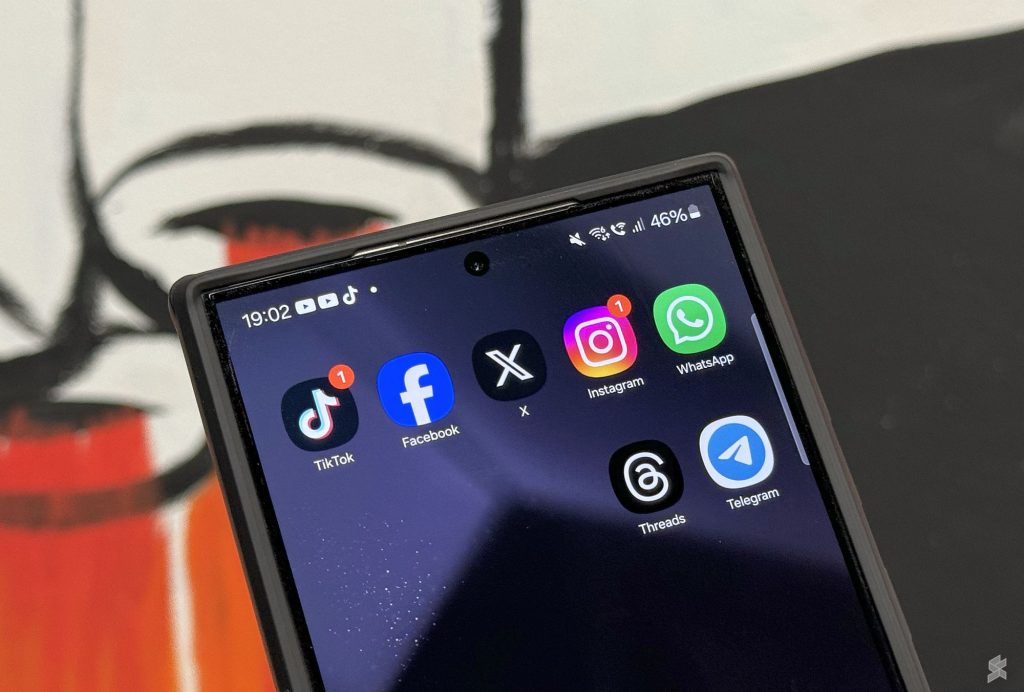
For now, the new licencing regulation is targeted at social media and internet messaging platforms with at least 8 million registered Malaysian users.
This means major platforms such as the following would need to obtain an Applications Service Provider Class licence:
- YouTube
- TikTok
- Telegram
- X (formerly known as Twitter)
The full details of the new licencing requirement including fees will only be revealed on 1st August 2024 and the platforms would have 5 months to apply for the licence.
The licensing doesn’t affect users and Malaysians can continue using these social media and internet messaging platforms freely without a licence.
How are other countries regulating social media platforms?
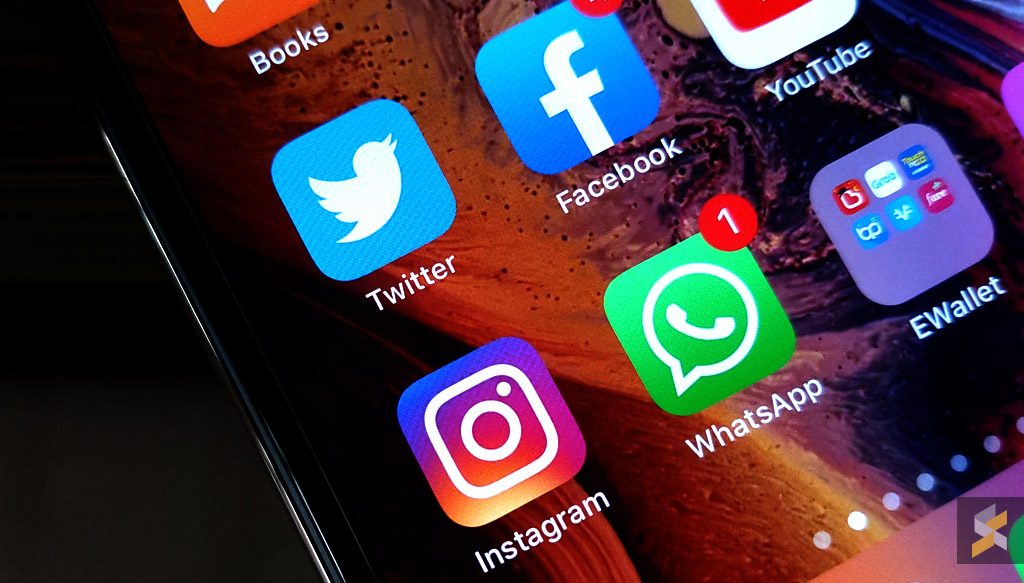
The move to regulate social media and digital platforms isn’t new and new Acts have been introduced in various countries to tackle misuse of such platforms. There’s the Online Safety Act 2022 in Singapore, the Online Safety Act 2023 in the United Kingdom and the European Union (EU)’s Digital Services Act 2023 to regulate online platforms.
Indonesia has recently introduced its Ministerial Regulation No. 5 of 2000 on Private Electronics System Operators which requires all digital platforms to register. Under the regulation, registered platforms must comply with take-down requests within 24 hours or 4 hours for urgent requests.
In 2022, several platforms such as Facebook, Instagram and Netflix were almost blocked by the Indonesian regulators. However, the platforms were spared after they registered themselves as an Electronic Systems Provider (PSE) just before the deadline.
In some countries like Indonesia and the EU, they cover a wider spectrum of digital platforms including streaming, search engines, online gaming, eCommerce and cloud-based services. For now, Malaysia only aims to regulate specific platforms with a large user base for social media and internet messaging.

